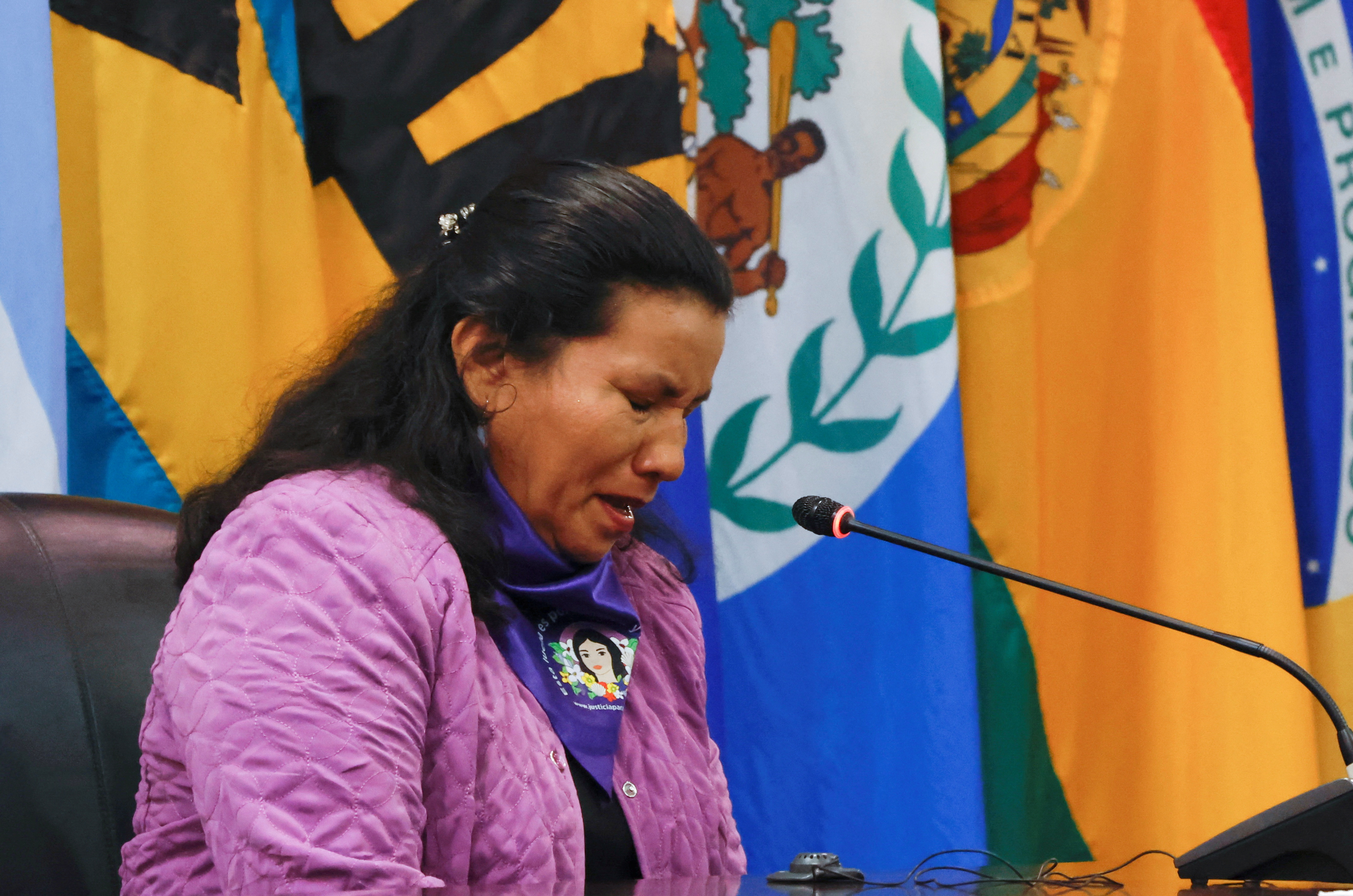March 22, 2023
Written by Renju Jose for Reuters ->
SYDNEY, March 23 (Reuters) - The Australian government on Thursday revealed the question it wants to put to a vote in a proposed federal referendum later this year to constitutionally recognise its Aboriginal and Torres Strait Islander people.
Australians will be asked to vote between October and December on amending the constitution to create a consultative committee in parliament called Aboriginal and Torres Strait Islander Voice. It would provide non-binding advice to parliament on matters that affect First Nations people.
"For many ... this moment has been a very long time in the making," Prime Minister Anthony Albanese said during a televised media conference.
"Yet, they have shown such patience and optimism through this process and that spirit of cooperation and thoughtful, respectful dialogue, has been so important at arriving at this point in such a united fashion."
"If not now, when??", a visibly emotional Albanese said, pausing several times while reading a prepared statement.
Albanese said the referendum question to be put to Australians will be: "A Proposed Law: to alter the Constitution to recognise the First Peoples of Australia by establishing an Aboriginal and Torres Strait Islander Voice. Do you approve this proposed alteration?"
Albanese has staked much of his political capital on the referendum. Since Australia became an independent country in 1901, there have been 44 proposals for constitutional change in 19 referendums, and only eight have been approved.
Five things to know about Australia's planned Indigenous referendum
Feb 24, 2023 at 6:24
By Praveen Menon
Feb 23 (Reuters) -Australia's government plans to hold a referendum between August and December this year on recognising the nation's Indigenous people in its constitution.
The Aboriginal and Torres Strait Islander people, who represent about 3.2% of Australia's population, are currently not mentioned in the constitution.
Here are five things to know about the referendum:
PROPOSED CHANGES TO THE CONSTITUTION
Prime Minister Anthony Albanese has proposed adding these three sentences to the constitution:
* There shall be a body, to be called the Aboriginal and Torres Strait Islander Voice.
* The Aboriginal and Torres Strait Islander Voice may make representations to Parliament and the Executive Government on matters relating to Aboriginal and Torres Strait Islander Peoples.
* The Parliament shall, subject to this Constitution, have power to make laws with respect to the composition, functions, powers and procedures of the Aboriginal and Torres Strait Islander Voice.
WHAT IS THE PROPOSED REFERENDUM QUESTION?
Albanese has said the referendum question to be put to Australians should be as simple and clear as: "Do you support an alteration to the Constitution that establishes an Aboriginal and Torres Strait Islander Voice?"
The question has not been finalised and more clarity on this is expected in the coming months.
HOW DOES THE REFERENDUM WORK?
The government will introduce a bill in parliament in March outlining the proposed changes to the constitution.
This will be scrutinised by a parliamentary committee.
Once approved in parliament, it will be sent to the Governor General, the local representative of the British monarch, who issues a writ for a referendum.
HOW MANY VOTES ARE NEEDED?
To change the constitution, the government must secure what is known as a double majority in the referendum.
That means more than 50% voters must vote in favour nationally, plus a majority of voters in a majority of the states must back the change.
Votes of people living in the Australian Capital Territory (ACT), the Northern Territory regions, and any of Australia's external territories, count towards the national majority only.
Poll turnout will be high as voting is compulsory.
HOW HAVE PAST REFERENDUMS FARED?
There have been 44 proposals for constitutional change in 19 referendums, and only 8 of these proposals have been approved.
In the last referendum in 1999, Australians voted against changing the constitution to establish the Commonwealth of Australia as a republic with the British monarch and Governor-General being replaced by a President appointed by a two-thirds majority of members of parliament
Reporting by Praveen Menon; Editing by Himani Sarkar




/cloudfront-us-east-2.images.arcpublishing.com/reuters/JVAP4GWKYFL5VIM65X37KAVOJI.jpg?resize=780,470)




